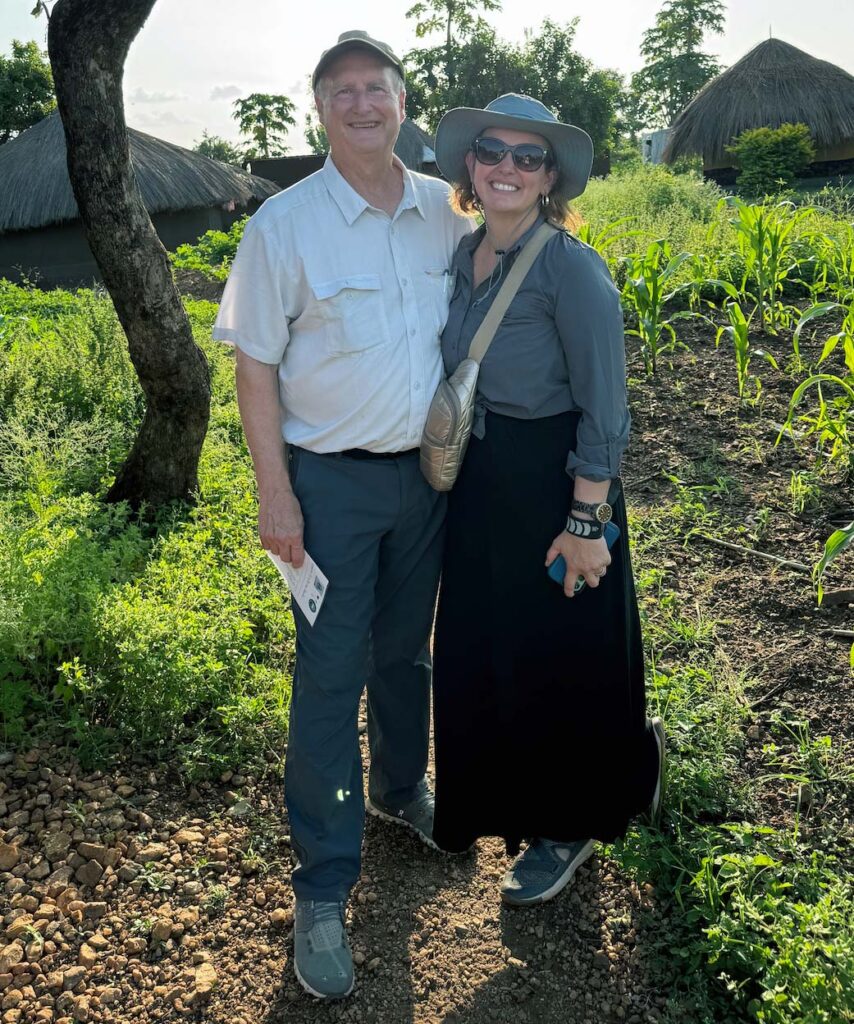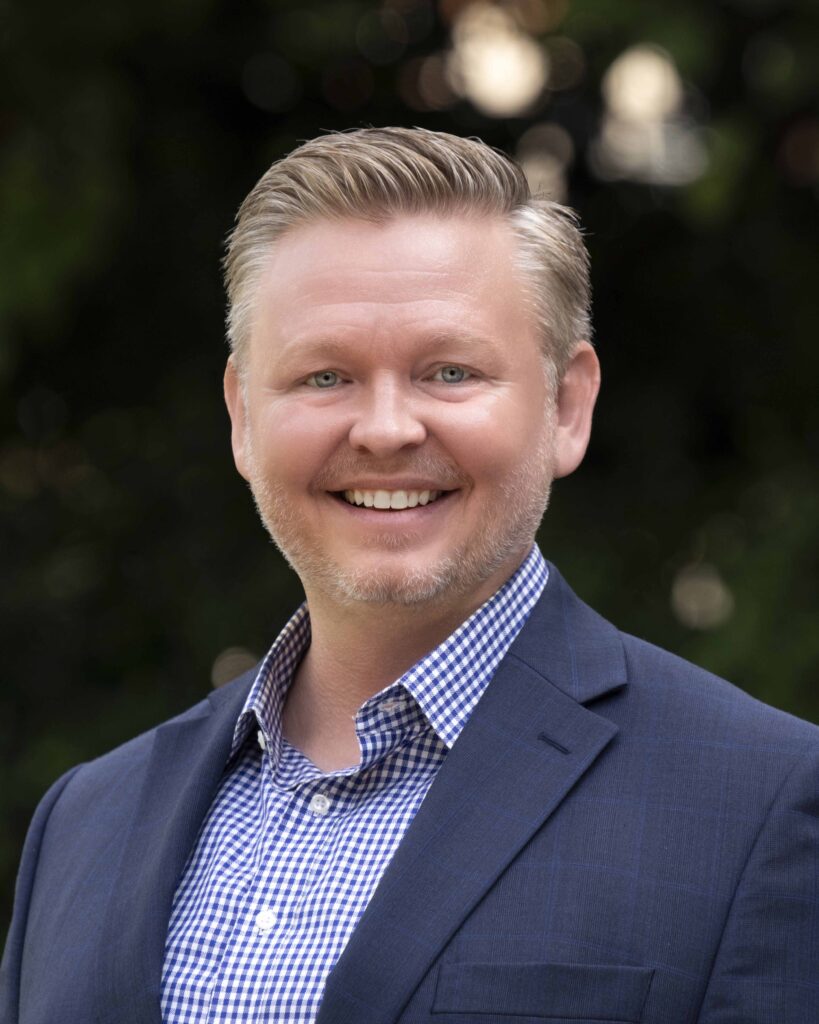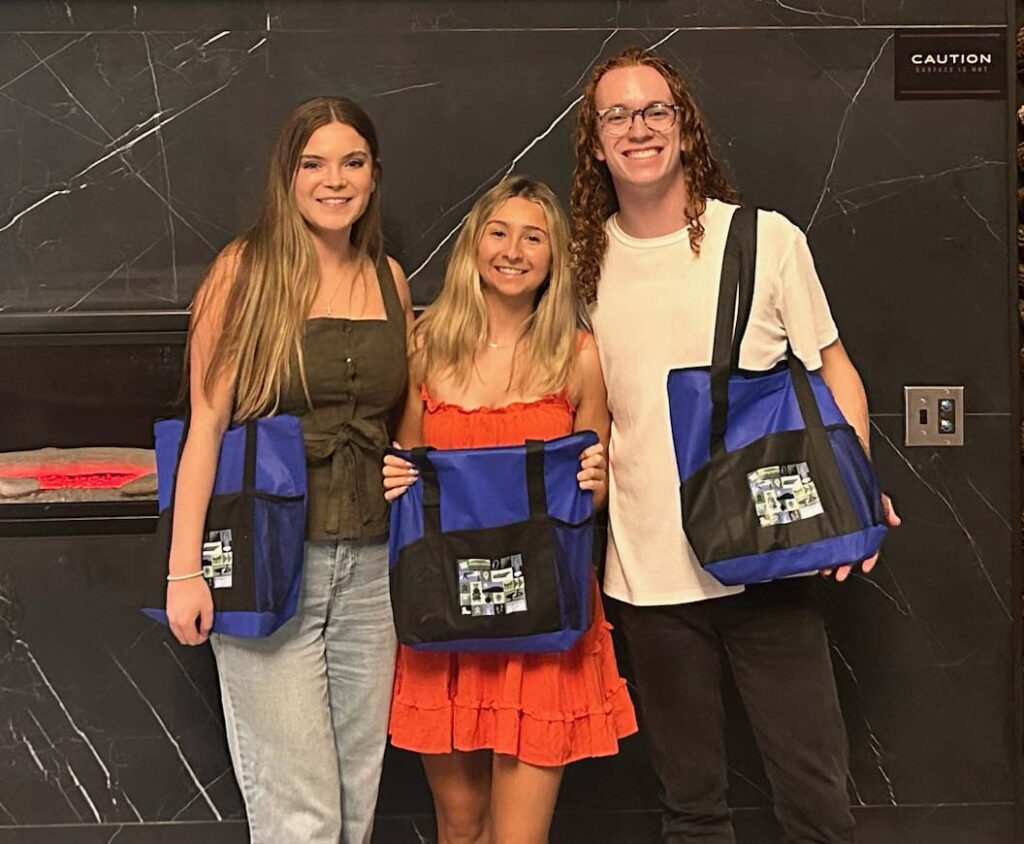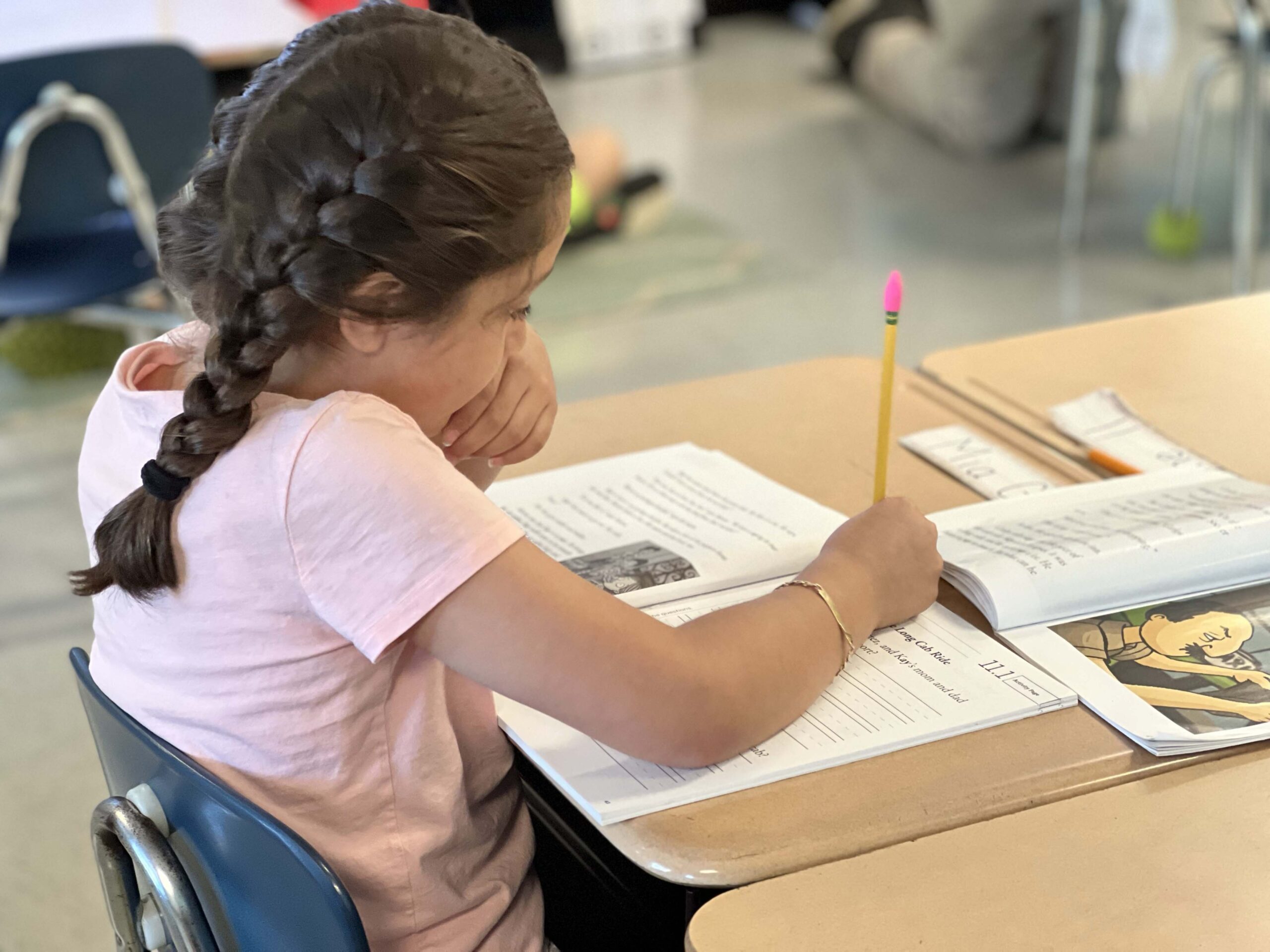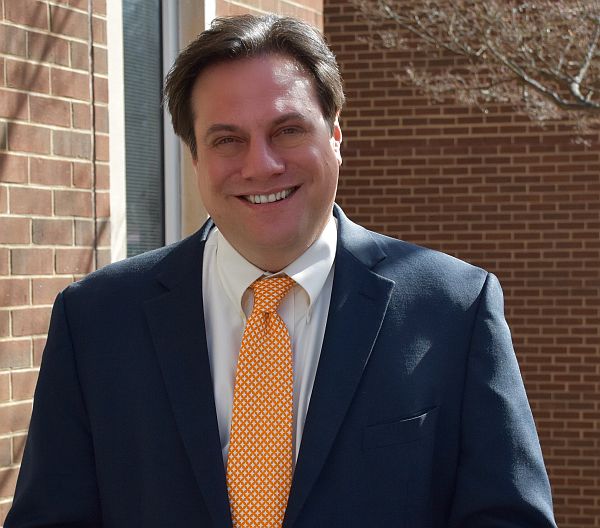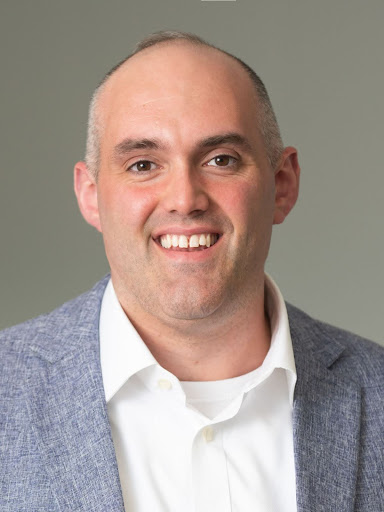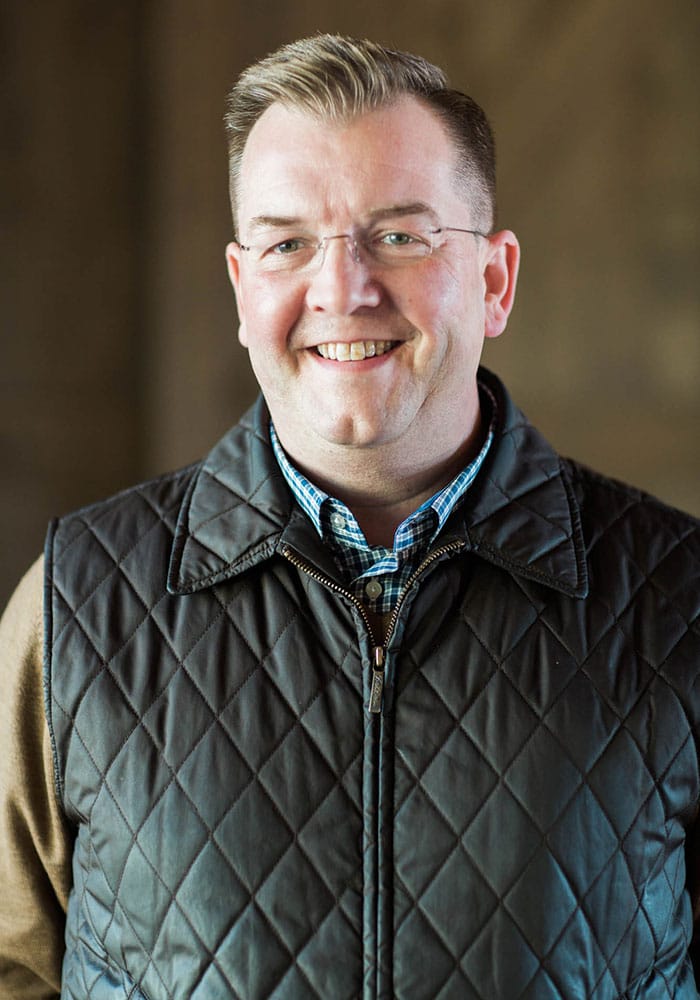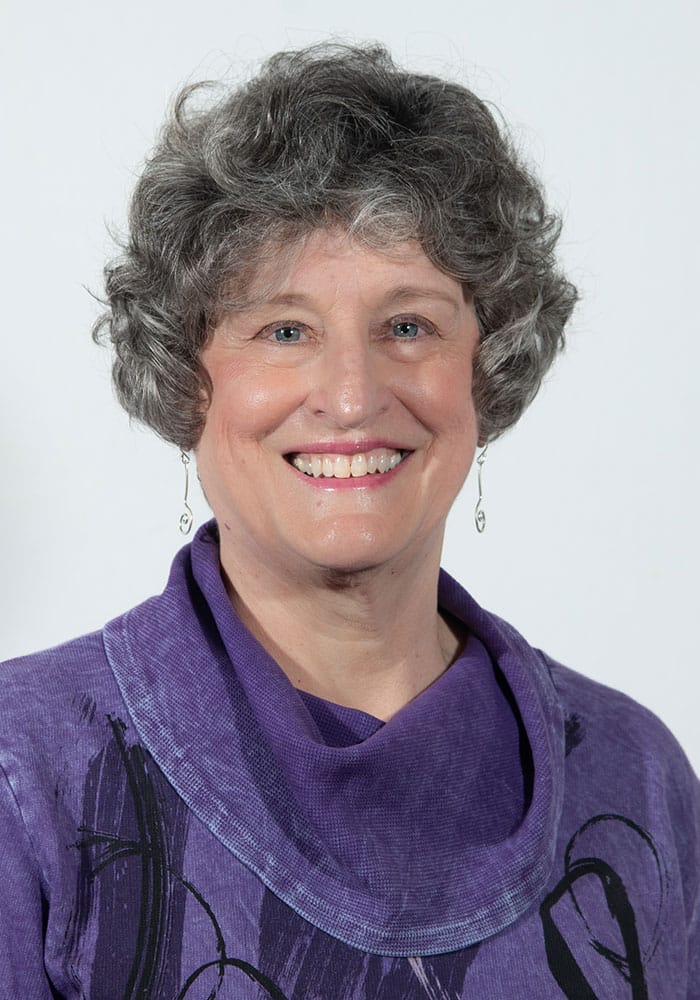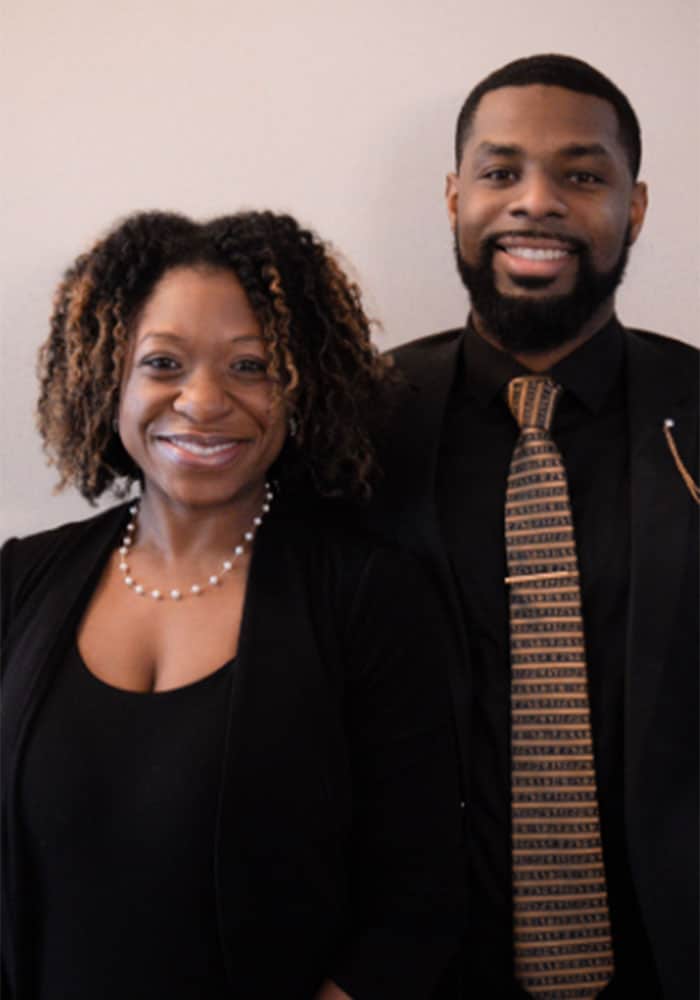Kelchen Recognized by Education Week as Top Scholar Influencer
Kelchen Recognized by Education Week as Top Scholar Influencer
When a reporter seeks expert insight into higher education issues, it’s very likely that Robert Kelchen is at the top of their call list. Over the years, Kelchen continues to receive accolades from Education Week as a top influencer who shape educational practice and policy. This year is no different as Kelchen is once again recognized as a Top 200 education scholar at a United States university.
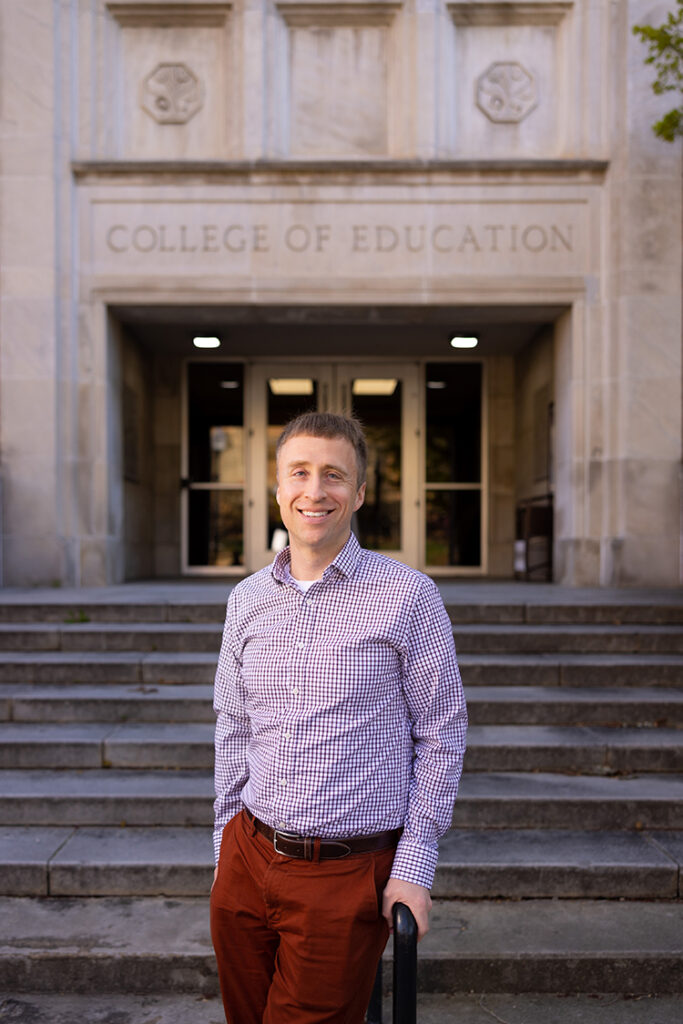
Kelchen, who serves as department head in Educational Leadership and Policy Studies in the College of Education, Health, and Human Sciences at the University of Tennessee, Knoxville, ranked 31 out of 200 scholars nationwide in Education Week’s Edu-Scholar Public Influence Rankings for 2025. In fact, Kelchen is the only scholar from the University of Tennessee to make this year’s list.
“In a time of declining trust in higher education, I feel that it is crucial for faculty to demonstrate how our work benefits the public good,” said Kelchen.
Each year, Education Week selects the top 200 scholars from across the U.S. (from an eligible pool of 20,000) as having the most influence on issues and policy in education. The list is compiled by opinion columnist Rick Hess, resident scholar at the American Enterprise Institute and director of Education Policy Studies.
The selection process involves a rigorous evaluation by a 24-member committee of university scholars representing institutions nationwide. Criteria include Google Scholar scores, book publications, Amazon rankings, mentions in the Congressional Record, and appearances in media and web platforms.
Kelchen’s reputation as a reliable and insightful source for higher education stories is well-earned. He has participated in more than 200 media interviews annually, with his expertise regularly featured in outlets such as The New York Times, The Washington Post, The Wall Street Journal, Education Week, and The Chronicle of Higher Education.
“It is a pleasure to use my scholarly expertise to help inform policy conversations and the general public on pressing issues such as college affordability, financial aid, and college closures,” said Kelchen.
Through its seven departments and 13 centers, the UT Knoxville College of Education, Health, and Human Sciences enhances the quality of life for all through research, outreach, and practice. Find out more at cehhs.utk.edu

